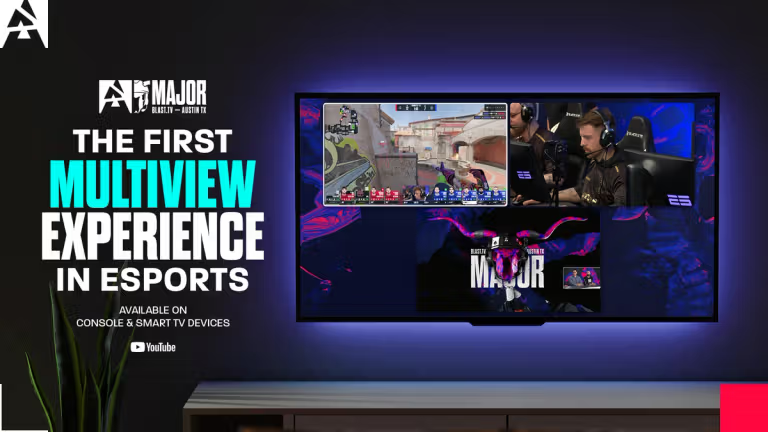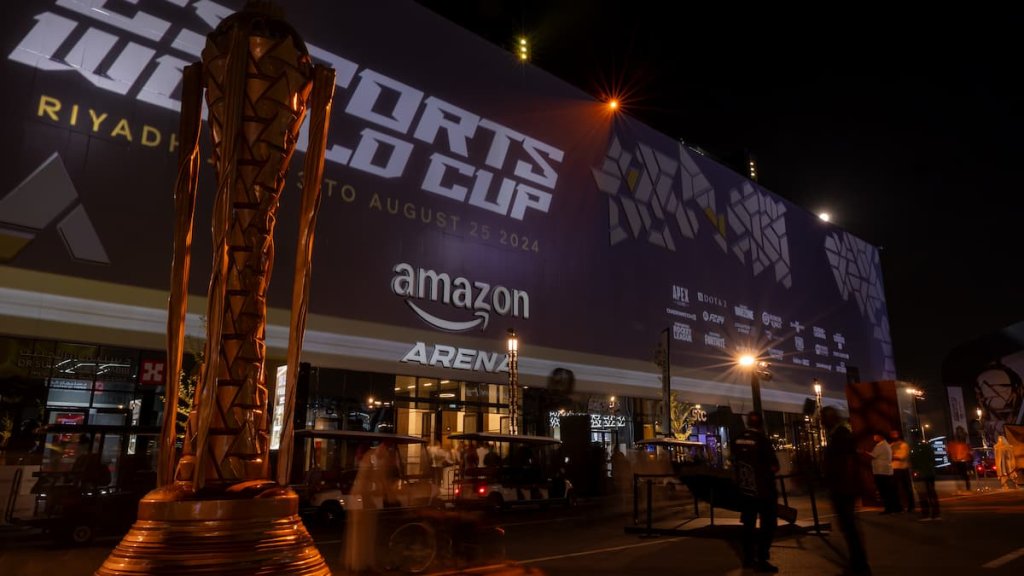
Following recent ESA announcements, what will be the future of Loot boxes?
Just a few days ago, the Entertainment Software Association (ESA) announced that Microsoft, Nintendo, and Sony, the main online gaming platforms, will implement new policies that will allow players to know the odds of loot boxes in their games.
Michael Warnecke, Senior Advisor to ESA commented: “I am pleased to announce that this morning Microsoft, Nintendo and Sony have indicated to ESA their commitment to new platform policies regarding the use of pay-as-you-go Loot boxes in games developed for their platforms”.

© Microsoft, Nintendo, Sony | Esports.net
This new policy will be implemented from 2020 and other companies such as Activision, Blizzard, Bandai, Namco, Bethesda, Electronic Arts, and Ubisoft, among others, have also agreed to implement a similar disclosure policy by the end of next year.
About this new control element, Sony Interactive Entertainment executives stated “We support the industry’s efforts to disclose the likelihood of obtaining random virtual items, known as booty boxes. And we are committed to providing consumers with this information for all the games we produce and publish”.
What is the problem with Loot boxes?
Loot boxes are digital products that offer a combination of random game rewards at a fixed price.
This way, the attraction of buying them is getting “rare” outfits or weapons for your character, ones you’ll never get in the store and for which many players are willing to pay good money.
Nevertheless, there are divided opinions about these reward mechanisms.
About this, Marcus Carter, professor of digital cultures at the University of Sydney, explains that “Reviews conclude that loot boxes do not meet the existing game definition (…) that does not mean that players are not playing, but that looting boxes are outside the [legal] definitions that exist in most cases”.
While in most countries there is not much concern about the issue, the United States Senator Josh Hawley attempts to prohibit minors from accessing transaction games at all, and other countries such as Belgium, have completely prohibited looting boxes implementation.
To sum up, the issue is that reward boxes are attractive due to the possibility of obtaining super rare items, although the loot box odds for a rare item can be as low as 0.01%, and there is great concern about how to protect children from a system so similar to gambling.

© Blizzard Entertainment
Is this the doom of random rewards?
The industry is unlikely to give up easily.
While it is true that some brands, such as the Rocket League, have abandoned this system, the truth is that it still reports millionaire profits for the sector, especially in popular games such as “NBA 2K” and “Fortnite”.
On the other hand, some companies had to compromise in this field, such as the example of Valve who deactivated the booty boxes on the Counterstrike Global Offensive and Dota 2 platforms under command of the Dutch government during 2018.
This happened after there were complaints about downloadable content being more expensive than the actual game, which for many was inadmissible.
Others defend Looting Boxes implementation, claiming that gambling does not offer any reward, while these reward mechanisms always give the player something, even if it is not exactly a strange article in the vast majority of cases.
Even so, it seems that ESA has everything in its favor to regulate the loot box odds, as Epic Games (creators of Fortnite) has also shown collaboration regarding random pay rewards.
In fact, in January 2019 they made the flames of “Fortnite: Save the World” show the random contents they brought before paying for them.
Finally, the future does not look very bright for companies in the sector in their effort to keep surprise boxes at the forefront.
In the United States and Europe, there is serious talk about the subject –everyone wants to protect their children-, but economic interests have prevented loot boxes from being banned altogether.
We will have to wait until the end of 2020 to see whether this ESA regulation has the desired effect, in the meanwhile, you can still try to get some super rare content from loot boxes in most games.
Read all our Esports news and stay informed about everything that happens in the competitive gaming world.












